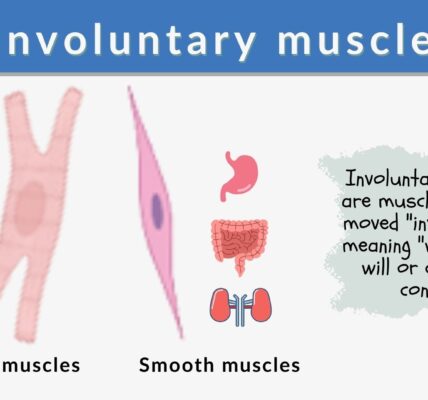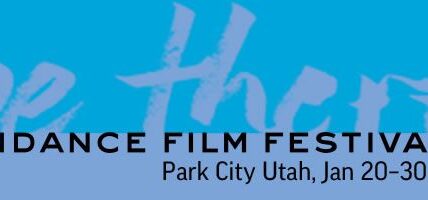Having made a lot of romantic comedies like Failure to Launch, Fool’s Gold and Ghosts of Girlfriends Past, you’ve started making smaller, more left-field films like Mud, Killer Joe, Magic Mike, and The Paperboy. Did you consciously decide to change tack?
Yes, there is a conscious choice. I wanted to shake some things up and do some different things for my career. I said no to a lot of things that maybe I would have said yes to 10 years ago, because I was really looking for some new challenges. New kinds of original characters that maybe I haven’t seen before, or ones that live on the fringe.
Interestingly, the new films were all made outside Hollywood…
Yeah, I looked the other day at the films and it was like independent, independent, independent, independent… What does that mean? Mud doesn’t look independent, but it’s less than $10m. The Paperboy didn’t look independent. It’s just that really interesting human characters are showing up in the independent films.
Does this say something about Hollywood?
Maybe there is a larger gap now with the bigger budget movies that the studios want to make. Obviously there are the comic- book characters that are these big tent-pole movies. But I guess what I’m saying is, these films I’ve done don’t feel like the IFC Channel. They’re not experimental films, but they are independent films. And I hope I can keep getting some of these kinds of roles and keep working with directors like the ones I have recently, I would love to keep doing that. And if those things can become something that translates to more people that would be great.
Mud isn’t as dark as some of your other recent characters; what appealed to you about him?
He was just a wonderful character. The language of this guy, I had never read language like that. This is the way Jeff [Nichols] writes. The superstitions, the unconditional love he has for this woman [played by Reese Witherspoon]; he was a dreamer, living in the clouds, and he stays there. It was exciting to do.
Mud is a rites of passage movie; have you had any similar experiences in your life?
I’ve had many. There’s rites of passage in affairs of the heart—I think everybody can remember their first heartbreak; that can just floor you. Everyone can remember the first time they’re in love, too, and that’s a high. There is no better drug than that. And I had a big rite of passage when I graduated high school and went to Australia as an exchange student, on my own. I ended up in a very small town, population about 300. I had come from high school where, at 18-years-old, I had just got my freedom. I had a job. I had a little cash in my pocket. I had a girlfriend. I had made my grades. I had saved up some cash. Everything was like green lights and I went there and everything was gone. I didn’t have any family, friends, a car—all those crutches were gone. I got in some situations that I had to handle where we had some real communication differences, and I didn’t have anyone to rely on but myself. So it was a really introspective time. I don’t think I would be doing what I am doing if I didn’t have that year.
Why not?
Well, it was about finding out who I was. It was me and me, is what I say. It was almost monastic. I did a lot of writing and had a lot of introspection, where before then I was much more extroverted. I had one full year of it and saying, right now I am going insane, but there is something about this year I will understand later on. In hindsight that was a great period in my life. I was forced to get to really know myself and ask myself a lot of questions, and come away with a lot of them unanswered.
You have a settled family life now; does that help with the work?
Comfort and stability at home definitely help a man fly more outside of it. So there is some connection there with the work that I have done. It can’t be complete coincidence that I am choosing and doing the work that I have been doing the last two years, and have also become a father.
Do you mean it enables you to go to the darker places, like in Killer Joe?
I have thought about that. What is that with all this light in my life? In a way it does make it easier to go be the absolute killer. And it’s fun to then swing back; fun to have different energies.
How did you handle the now notorious scene where you, as Joe, abuse Gina Gershon’s character with a piece of fried chicken?
Well, we knew what we had to do—it was written—and we probably both had that scene tabbed. And then you just do it. Joe is taking control of the household, directing the household, conducting the lesson to be learned. So I just said, ‘let me do it’. She was fighting back. I had to get her under control.
Director William Friedkin said he took Gina to one side for that scene and shouted and swore at her to get her to where he wanted her to be; how do you react to that directorial style?
That was the way that he felt he needed to communicate, at that time. If you’re asking me, everything he did, in my POV, all of his outbursts and everything you hear about how wild he is, it all has intent and reason. From what I could tell it all had reason to get a certain effect, which he got! •











